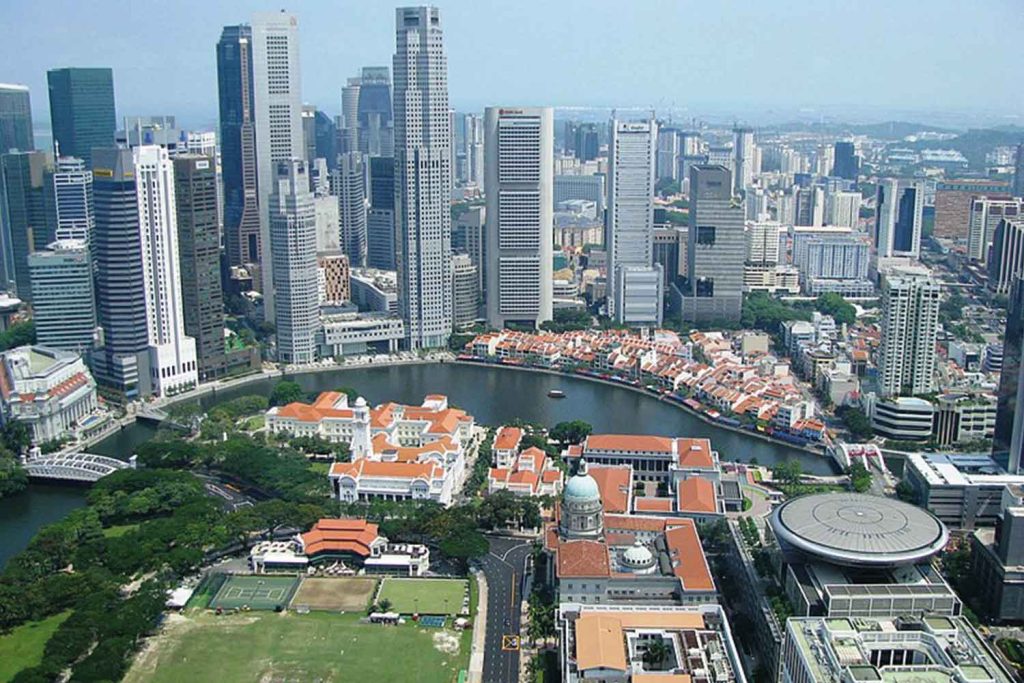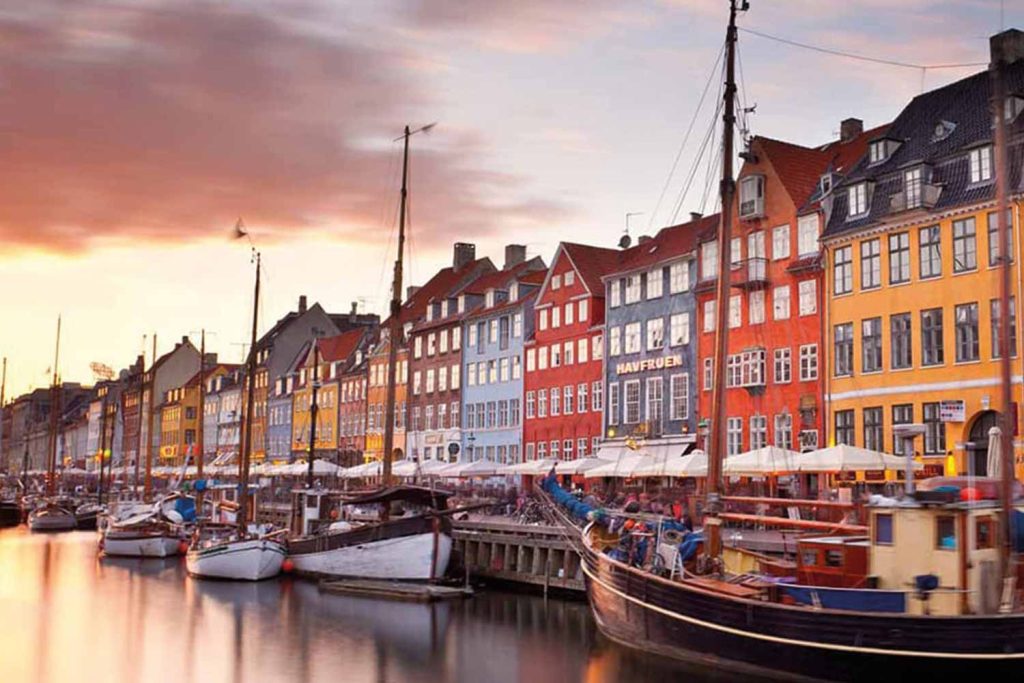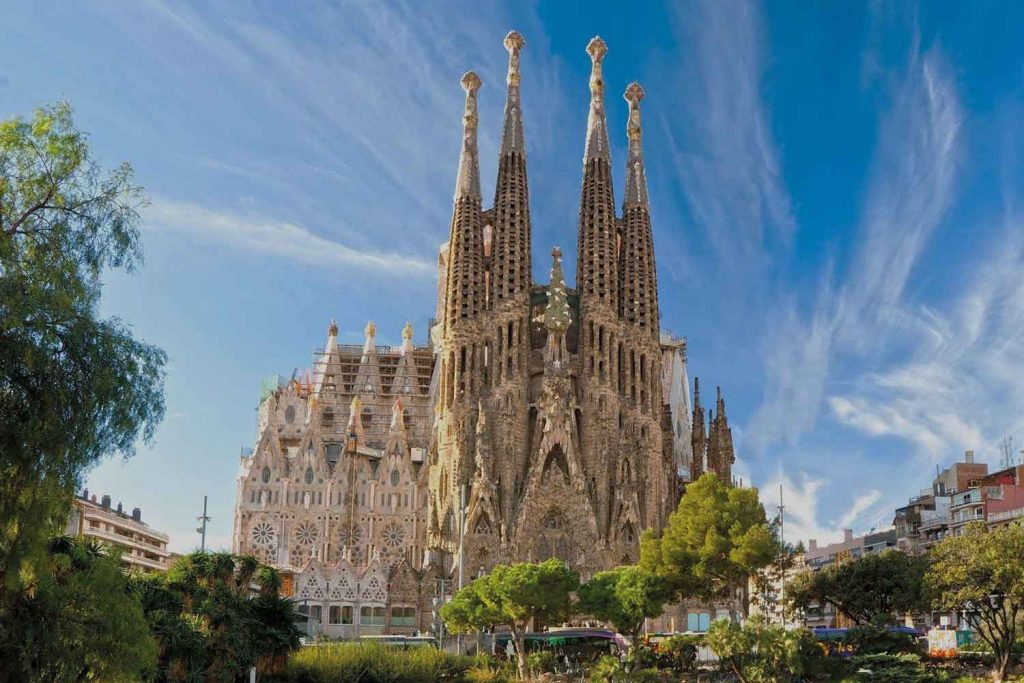Let us explore together the advancements that have already been made in the realm of smart cities.
Smart cities are revolutionizing the way individuals reside in and interact with urban environments. Through the utilization of IoT technology, data can be gathered from our surroundings, allowing us to generate knowledge that enhances city design and enriches our lives. At the forefront of these dynamic advancements is Next Industries, offering a diverse range of exceptionally precise data acquisition loggers, sensors, and gateways that provide the essential connectivity required to power smart cities. The projects involved in this field are remarkably diverse, yet united in their objective to collect and interpret data, thus fostering the development of new insights and knowledge.
Singapore Leading the World
Some observers have reckoned Singapore as the world’s smartest city. Indeed, the government has stated its aim to be the first smart nation on earth. At the city level, Singapore is deploying a vast array of sensors to monitor various inputs and create improvements for residents. These include sensors to detect smoking in prohibited areas and littering from high-rise buildings. They have also implemented smart traffic solutions, phasing traffic lights to reduce congestion and using sensors to highlight free parking spaces. In some seniors’ housing, sensors alert family members if their relative stops moving.

Copenhagen Smart City
Copenhagen is another leading smart city: in fact, the energy efficiency of public buildings is closely monitored by sensors. The authorities are aiming for the city to be carbon neutral by 2025. The key to this is lowering transport emissions and 40% of commutes in the city are taken by bicycle. The city has recently capitalized on this. In fact, by collaborating with MIT, they are going to roll out a smart bike. This one will be equipped with sensors to deliver real-time information to the rider and also to city administrators. This is used in open data aggregation to tackle issues such as air contamination and traffic congestion.

Barcelona Senses Success
Barcelona is another city that is deploying sensors to help it meet its smart city objectives. Projects include sensors to manage traffic, an activity that has led to a remodeling of traffic flows and a 21% decrease in congestion. They have introduced smart parking systems, along with sensors to monitor air quality and noise. In addition, they have introduced a system of smart street lighting that saves energy by dimming lights when nobody is in the area. Smart meters and smart grid energy pilot schemes are also helping the city reduce its energy consumption.

Power to the Smart Cities Revolution
With the rising popularity of smart cities, a multitude of initiatives have been implemented worldwide. These initiatives encompass a wide range of focuses, including traffic management, carbon reduction, environmental quality, and personal well-being projects. However, at the core of these endeavors lies the extensive use of sensors and monitoring systems. Next Industries, a fledgling company established in 2014, is dedicated to providing the necessary technological solutions that will propel the development of smart cities.
To learn more about our work in this domain, please refer to our solutions and applications pages. Next Industries is committed to offering innovative solutions that will transform cities into “smart” entities. Our expertise lies in structural monitoring, as well as deploying cutting-edge technologies to enhance security for residents and various city assets. Discover more about our work by visiting our solutions and applications pages.
